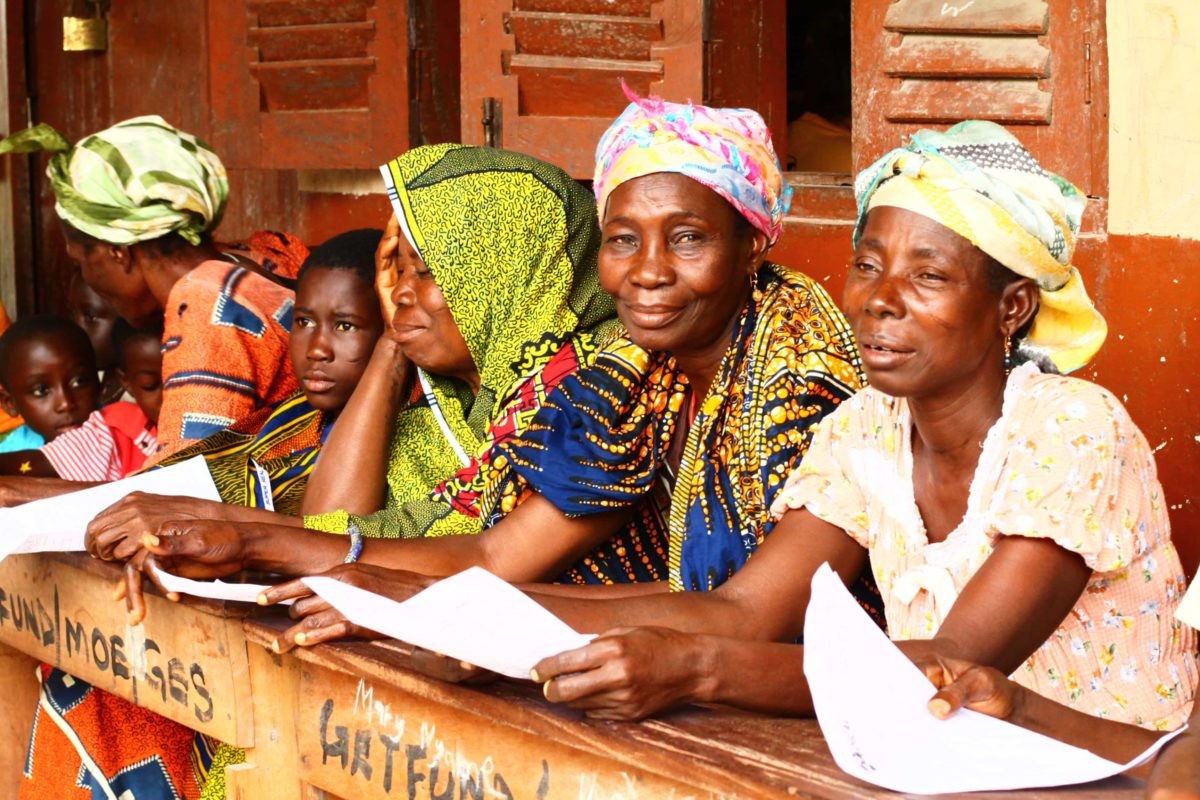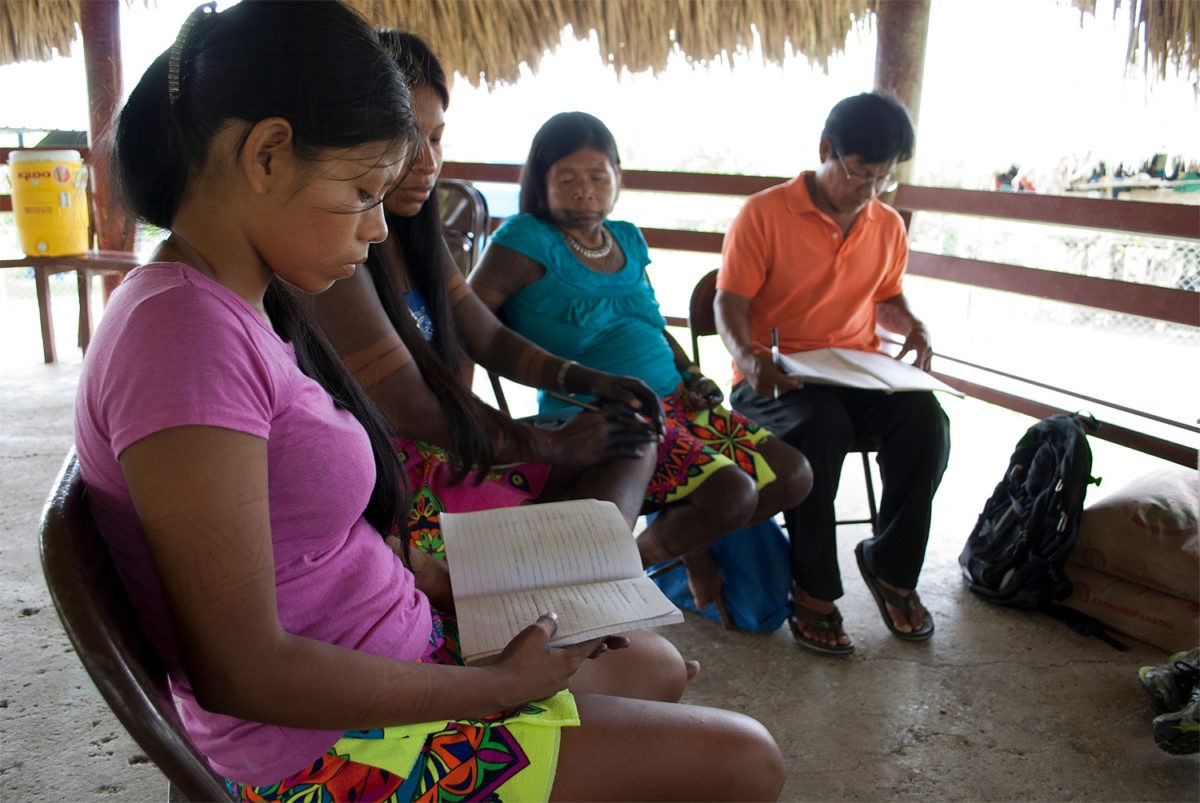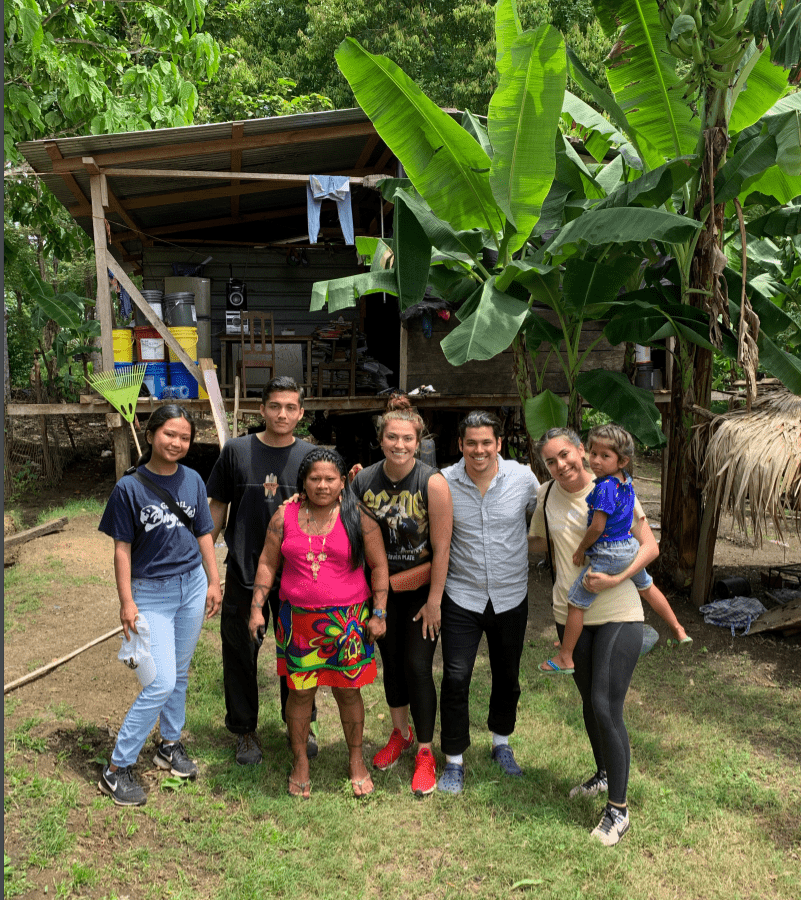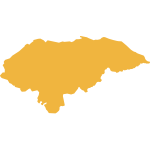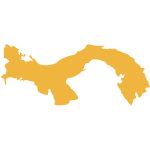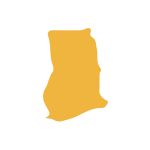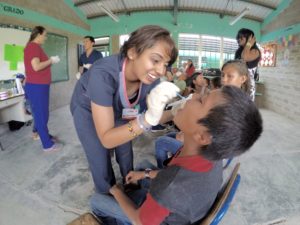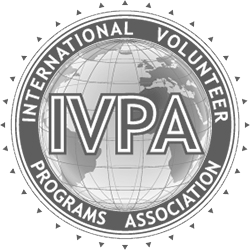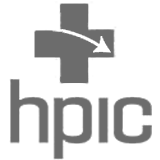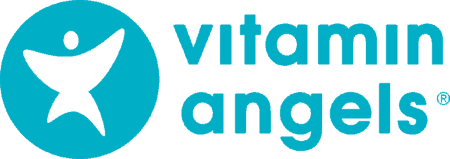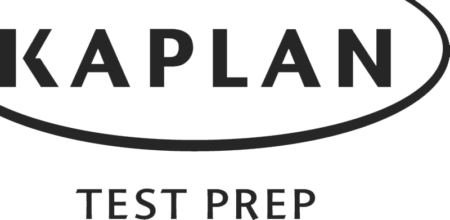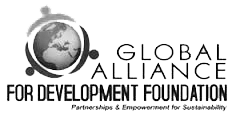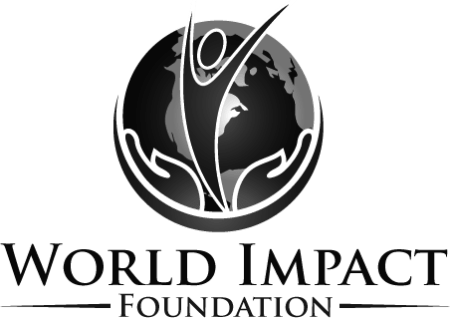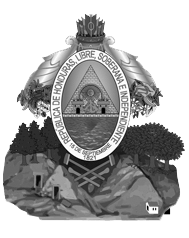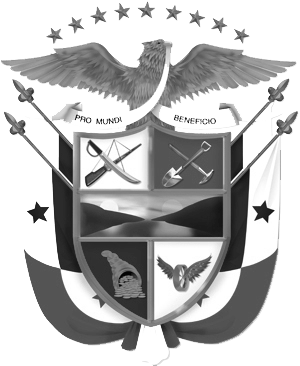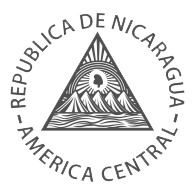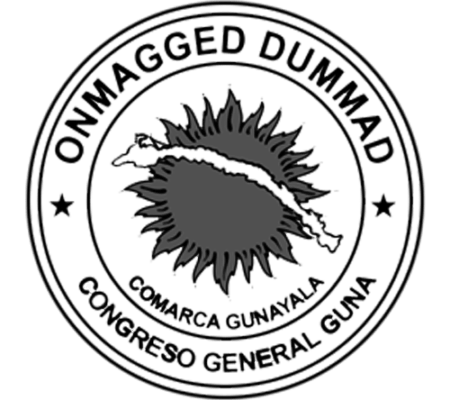In Person Programs
Kambia groups participate in programs in Honduras, Panama, Ghana, and Greece. Our highly established full-time staff for program execution connect educators and their students with existing community partnerships to implement solution-based projects. Together with educators, we can customize our in-person programs to your course.
Explore Our Programs
Find the program that will enhance your course and inspire your students. With options in nursing, public health, business, social enterprise, social justice, community development, engineering, medical, and dental, each unique program offers varying learning objectives. All program listings in the catalog can be modified to be an in-person offering.
View our Complete Program Catalog or learn about specific programs below.
Business and
Social Enterprise
Social Enterprise
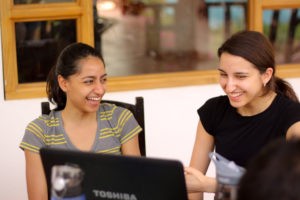
Consult small businesses on projects ranging from the supply chain, to accounting, to business planning and support vulnerable and under-resourced entrepreneurs abroad.
Nursing and
Public Health
Public Health
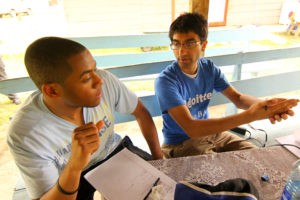
Students build and apply medical knowledge with our team of local doctors in live international clinics providing health services to vulnerable populations.
Community Development
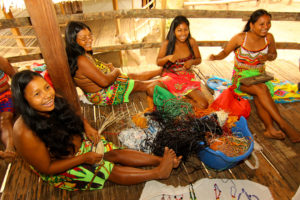
Collaboratively work with community leaders to conceive and develop project improvement plans ranging from public health, medical, banking, and WASH.
Engineering
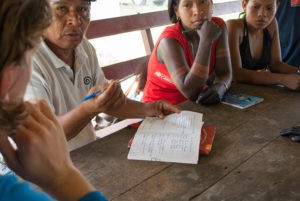
Students learn and apply a multitude of engineering fundamentals in the context of designing community-benefiting infrastructure projects in Central America.
Kambia's Real-World Impact
Expanding Patient Care Access
Our medical clinics and preventative health workshops are implemented within partner communities through the utilization of students working alongside our local doctors. Community members are provided with pro-bono general medical consultations, pap-smears, vision screenings and other specialized care based on the scope of the health professionals.Community Health Entrepreneurs
Select volunteers living in the community are trained by our staff to become Community Health Entrepreneurs (CHEs). CHEs provide basic medical care, monitor chronic conditions, and serve as point persons for urgent care cases year-round.Regular Access to Doctors & Medication
Our Healthcare Professional Access program provides affordable access to doctors and medication on a regular (monthly-quarterly) basis using a financially sustainable model. Patients can access general medical consultations, optometry, OBGYN, and dental care in their own community.Community Banks
Local leaders are identified and trained by our staff and volunteers to organize Community-Owned Banks to provide critical financial services to the community. Local governments recognize these banks as legitimate institutions allowing them to provide access to savings and loans.Access to Capital
Community banks provide access to savings, loans, and financial literacy. Through regular training, our staff and volunteers work to create a culture of savings in the community alongside the creation of the banks. Saving demonstrates the value of longer-term horizons, goal setting, provides for a safety net, and capitalizes local banks with funds available for entrepreneurs to take loans or create micro-enterprises. In addition, access to loans and education on responsible loan usage allows communities to further grow their businesses.Income Growth
Our staff identify business opportunities and facilitate consulting projects between the volunteers and entrepreneurs to help small businesses grow. Staff and volunteers help entrepreneurs determine the financial return on potential investments and whether loans are a prudent tool for growth.Investment
Volunteers and donors contribute the essential funds for community-owned banks to lend to local businesses for their investments. The funds are repaid and recirculated back into the local economy, exponentially growing the accounts. Commonly, our banks start with just a few hundred dollars but will grow within 2-3 years of having more than $10,000 USD. For communities averaging about 100 homes and making less than $2 it can be life-changing.Clean Water System Design
Water systems are designed, planned, and budgeted with partner communities, international volunteers and the support of our local staff of engineers. Designs take into account accessible water sources and community needs with the goal to provide clean water piped directly to families’ homes.WASH Leadership
Local leaders are identified by the community to serve as the community’s Water Council, which collects monthly water fees from households to operate and maintain the constructed water system. This locally empowered team ensures the future sustainability of the project once construction is complete and receives regular follow-up from our local staff. A Basic Sanitation Committee is also trained to carry out in-home assessments of Public Health projects, such as latrines, clean burning stoves, and water storage units.Clean Water System Construction
Once designed, clean water systems are constructed with local community members working alongside volunteers and local engineers. Systems include the collaboration between community members, government, and Global Brigades. Construction may take several months to complete and can include several large-scale components, such as dams and storage tanks.Healthy Households
Volunteers, masons and families work together to implement projects to improve health, hygiene and sanitation. Eco-stoves to target respiratory diseases, latrines and water filters to decrease the spread of infectious diseases and parasites, and water storage units and showers to improve hand washing and hygiene. Through collaboration with Community Banks, families save in order to contribute financially to their WASH infrastructure, thus investing in their own health.Get In Touch
For Nursing and Engineering Programs:
For Community Development, Social Justice, and Public Health Programs:
For Business Programs:




